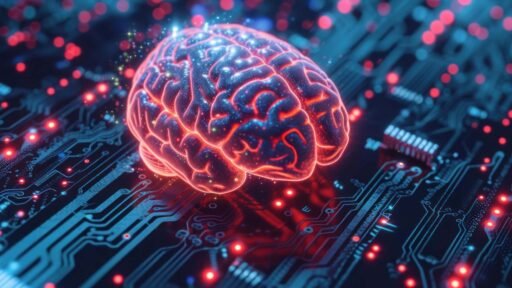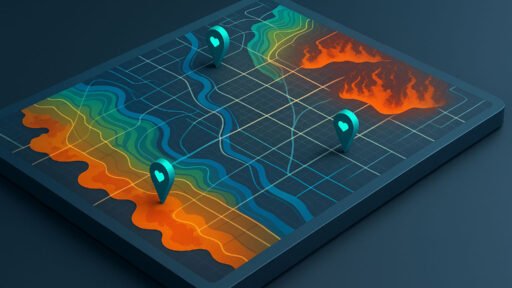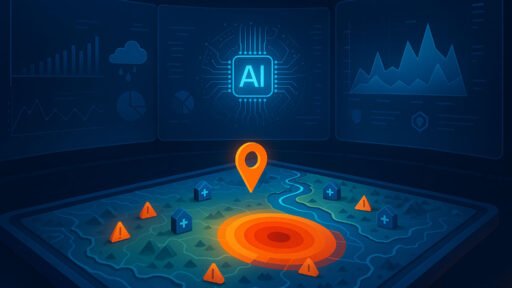With the rapid advancement of artificial intelligence (AI), one question that’s increasingly on people’s minds is whether traditional search engines like Google are becoming obsolete. AI-generated content is revolutionizing the way we access information, but does that mean the end of Google Search as we know it? Let’s delve into this intriguing topic.
The Rise of AI-Generated Content
AI-generated content refers to text, images, and even videos created by AI algorithms. These algorithms can process vast amounts of data, identify patterns, and produce content that mimics human creativity and intelligence. Tools like OpenAI’s GPT-3 and Google’s BERT have demonstrated the potential of AI to generate high-quality content, making it easier for users to find answers and insights.
The Strengths of AI-Generated Content
- Efficiency and Speed
- AI can generate content at a much faster rate than humans. This means that users can get answers to their queries almost instantly, without having to sift through multiple pages of search results.
- Personalization
- AI algorithms can tailor content to individual users based on their preferences and search history. This level of personalization enhances user experience and makes the information more relevant.
- Comprehensive Insights
- AI can analyze and summarize vast amounts of data from various sources, providing users with well-rounded and comprehensive insights. This eliminates the need to visit multiple websites to get a complete picture.
The Role of Google Search
Despite the rise of AI-generated content, Google Search remains a powerful tool for discovering information. Here’s why:
- Accuracy and Reliability
- Google has spent decades refining its search algorithms to deliver accurate and reliable results. It continuously updates its algorithms to combat misinformation and ensure that users get the most credible sources.
- Diverse Information Sources
- Google Search provides access to a vast array of information from different websites, allowing users to cross-check facts and gain diverse perspectives. This is something AI-generated content may not always be able to provide.
- User Trust
- Google has built a reputation for trustworthiness over the years. Users rely on Google Search for everything from academic research to daily queries, and this trust is not easily replaced by AI-generated content.
The Future of Search Engines
The future of search engines is likely to be a blend of traditional search algorithms and AI-generated content. Here’s how they might coexist:
- Enhanced Search Results
- Search engines can leverage AI to enhance their search results, providing users with more precise and personalized answers. This integration will improve the efficiency and effectiveness of searches.
- AI-Assisted Search Tools
- Features like voice search, smart assistants, and AI-driven query suggestions can make searching more intuitive and user-friendly. These tools can assist users in refining their queries and finding the information they need faster.
- Content Creation and Curation
- AI can assist in content creation and curation, ensuring that the information available on search engines is up-to-date and relevant. This partnership between AI and traditional search algorithms can lead to a more dynamic and informative search experience.
Conclusion
While AI-generated content is transforming the way we access information, it doesn’t spell the end for Google Search. Instead, it heralds a new era where AI and traditional search engines work together to provide users with faster, more personalized, and comprehensive information. As technology continues to evolve, we can look forward to a more integrated and efficient search experience that combines the best of both worlds.






